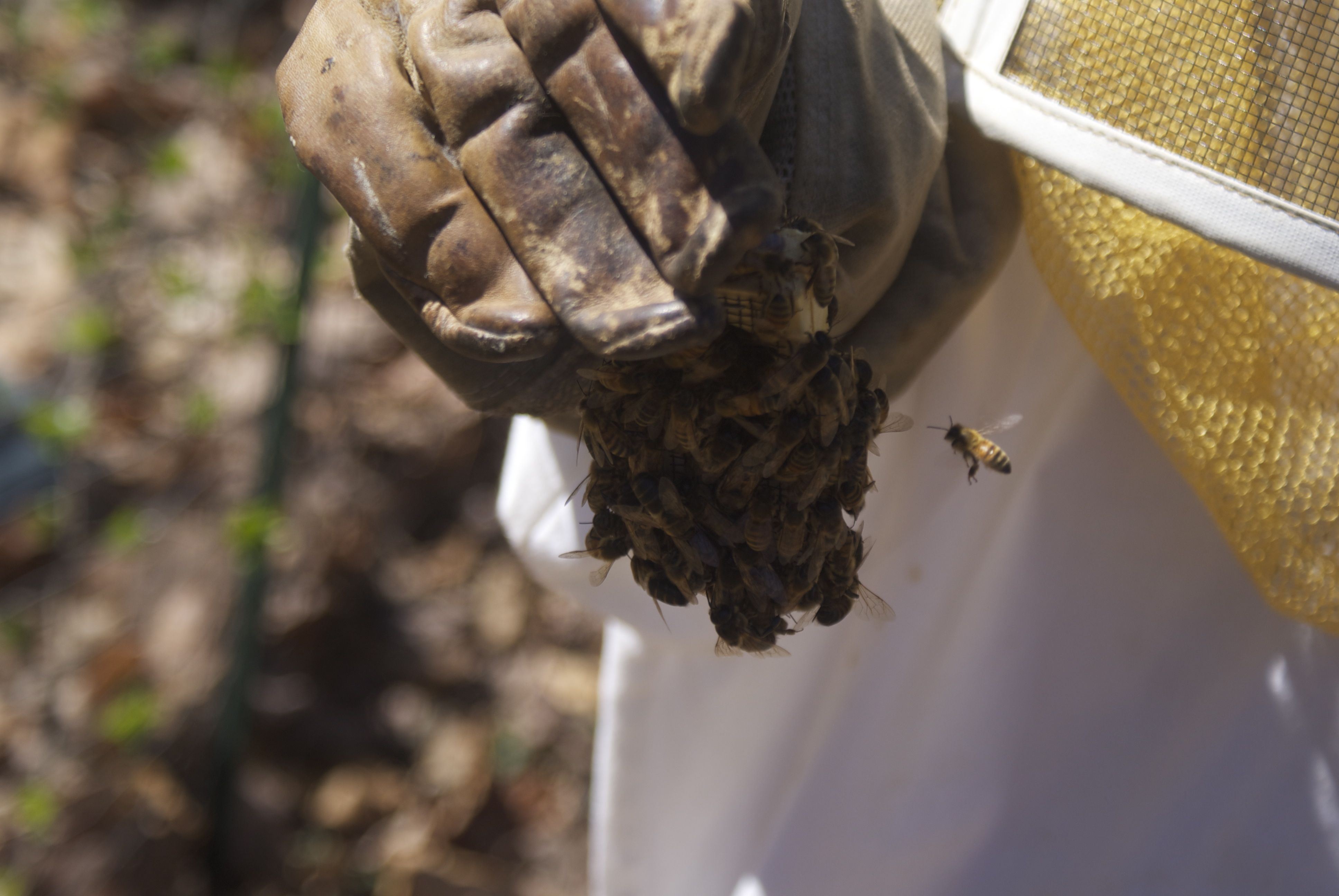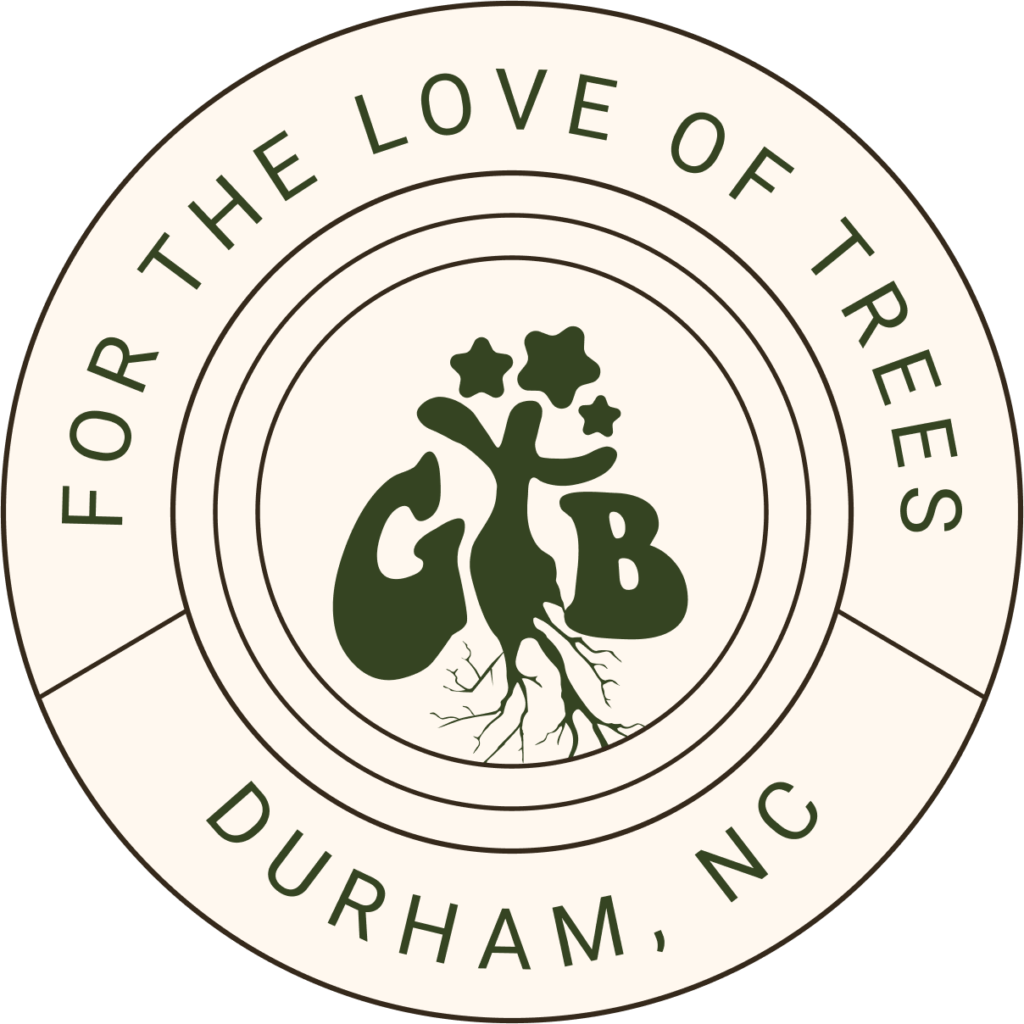Bees are responsible for pollinating one third of our nation’s food supply: all those vegetables, fruits and nuts that we depend on. Since 2006 ten million hives have been lost nationwide to colony collapse disorder. Thankfully humans have been stepping up and starting backyard bee hives in great numbers. A backyard bee hive can’t by itself solve the problem of colony collapse disorder — that will require a new paradigm that radically changes how we farm — but every seemingly small action does impact our greater whole and the backyard bee hive has much to offer.

Some reasons to become a backyard beekeeper:
Help your neighborhood plants, flowers and trees flourish. Honeybees typically work in a one to three mile radius from their hive, but they can travel up to eight miles to find the pollen and nectar their hive depends on. So while your hive may not end up being the pollinating hive for an industrial farm in North Carolina’s Coastal Plain, it will most certainly add to the ecological health of your North Carolina Piedmont neighborhood. If you have a vegetable garden or fruit trees on your property, be prepared for an increased crop yield. Also watch as your bees beautify your environs by stimulating flower growth, not only with local plants, but also on flowering shrubs and trees.
Embrace the role of producer. In America we are conditioned from birth to be consumers. What better teachers to learn the art of production from than the honeybee? Consummate workers, honey bees will quickly gain your respect as you watch them transform the basic hive structure into a thriving community that renders a marvelous product: honey. Engaging as a steward of their work, and participating in the extraction of the honey product can be a liberating experience. It feels amazing to enjoy a product you haven’t bought at the store.
Enjoy über-local honey and reduce allergy suffering. The phrase “Buy Local, Go Green” speaks to the efficacy of purchasing goods and services from local and locally-sourced providers. It’s a sound approach for the earth — every mile your goods don’t travel is a mile the earth is spared the detritus of our love affair with petrol. And it’s a sound approach for human economies — local buying keeps dollars in the local economy where their movement spurs economic growth. But with local honey, one the greatest rewards comes for allergy sufferers. Evidence for the practice of treating allergies with local honey is anecdotal, save a single unpublished study conducted by students at Xavier University in New Orleans (1). The idea is that when you eat local honey — which contains the very same pollen spores that trigger your allergies — you are gradually vaccinating your body against those allergens, a process called immunotherapy.
Appreciate the vibration. There is nothing quite like a thriving hive. Stand near it in the late afternoon, when the slant of the sun’s rays illuminates best, and immerse in the mesmerizing dance of the female worker bees winging in and out of the hive. Landing and launching, over and over. The buzz of a hive at mid-summer, with 60,000 bees are pulsing and vibrating, produces a delicious and fulfilling hum.
Becoming a backyard beekeeper is rewarding and fascinating. The modern beehive is an expression of a symbiotic relationship. We help the bees by creating a structure for their hive, by helping to ward off hive sickness and invaders. They reward us with sweet honey and a unique window from which to view the natural world. In a world that often seeks to alienate humans from other life forms, beekeeping has a role to play in reintegrating us into the community of life.
© 2013, Grateful Trees & Bees.
____________
(1) Cochran, Brittany. “Honey: A sweet relief?” Xavier University. October 23, 2003. http://www.xula.edu/herald/issues/20031023/honey.html

